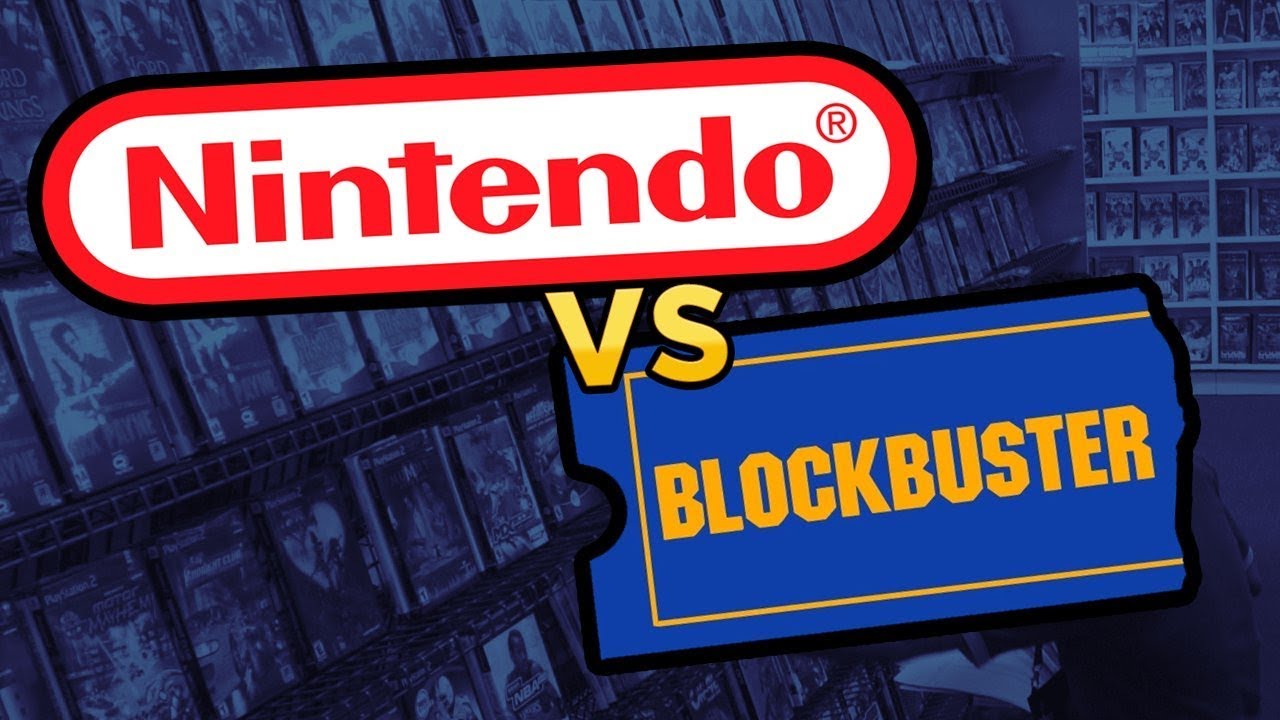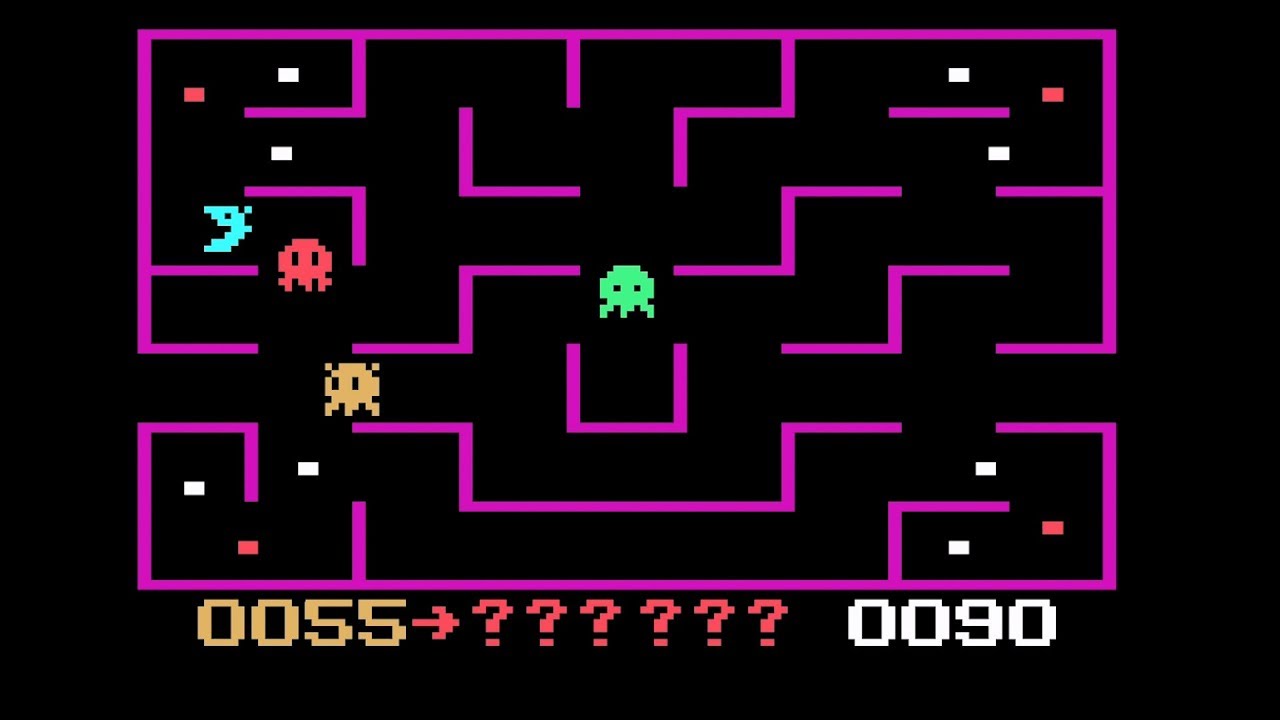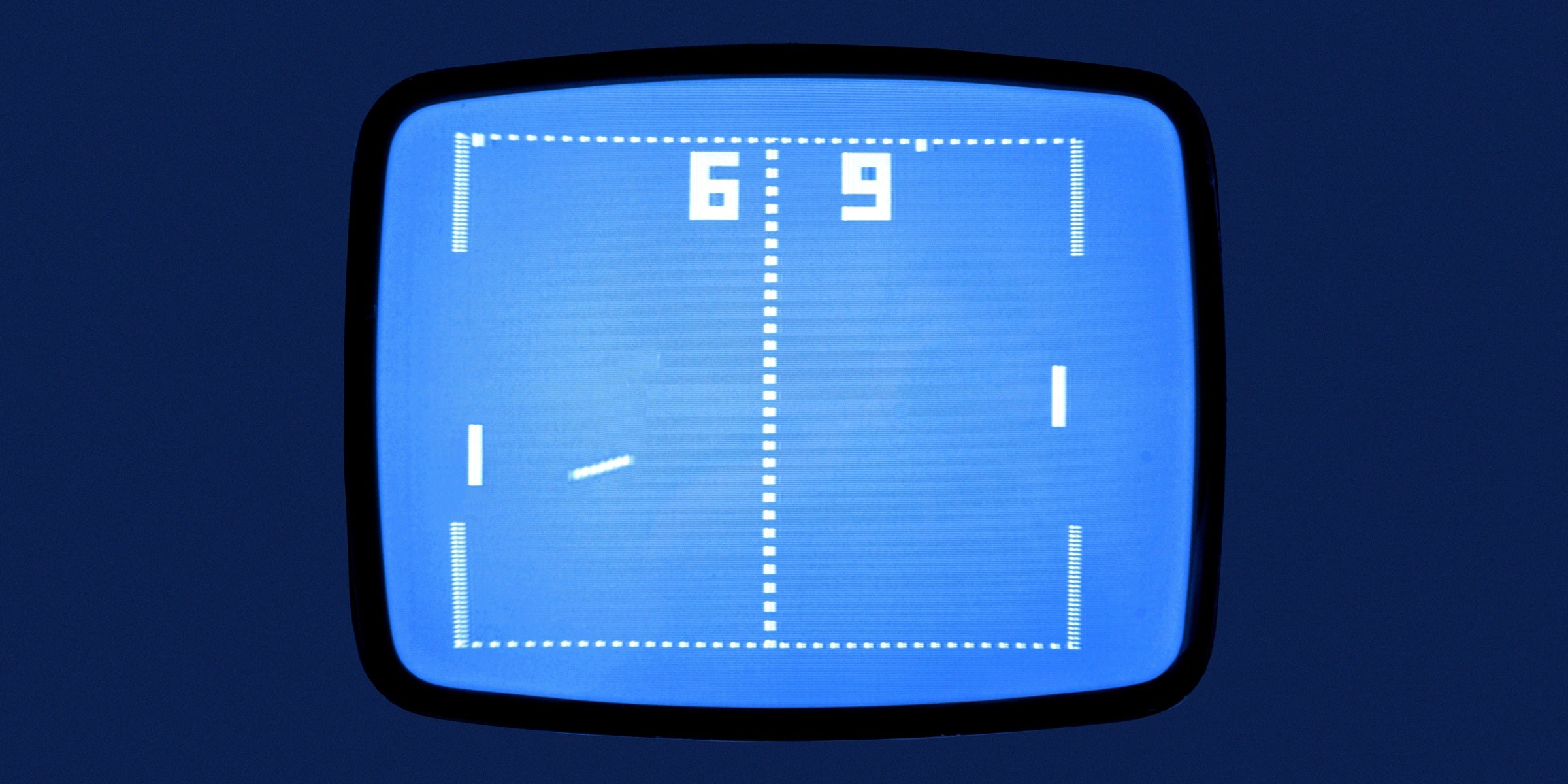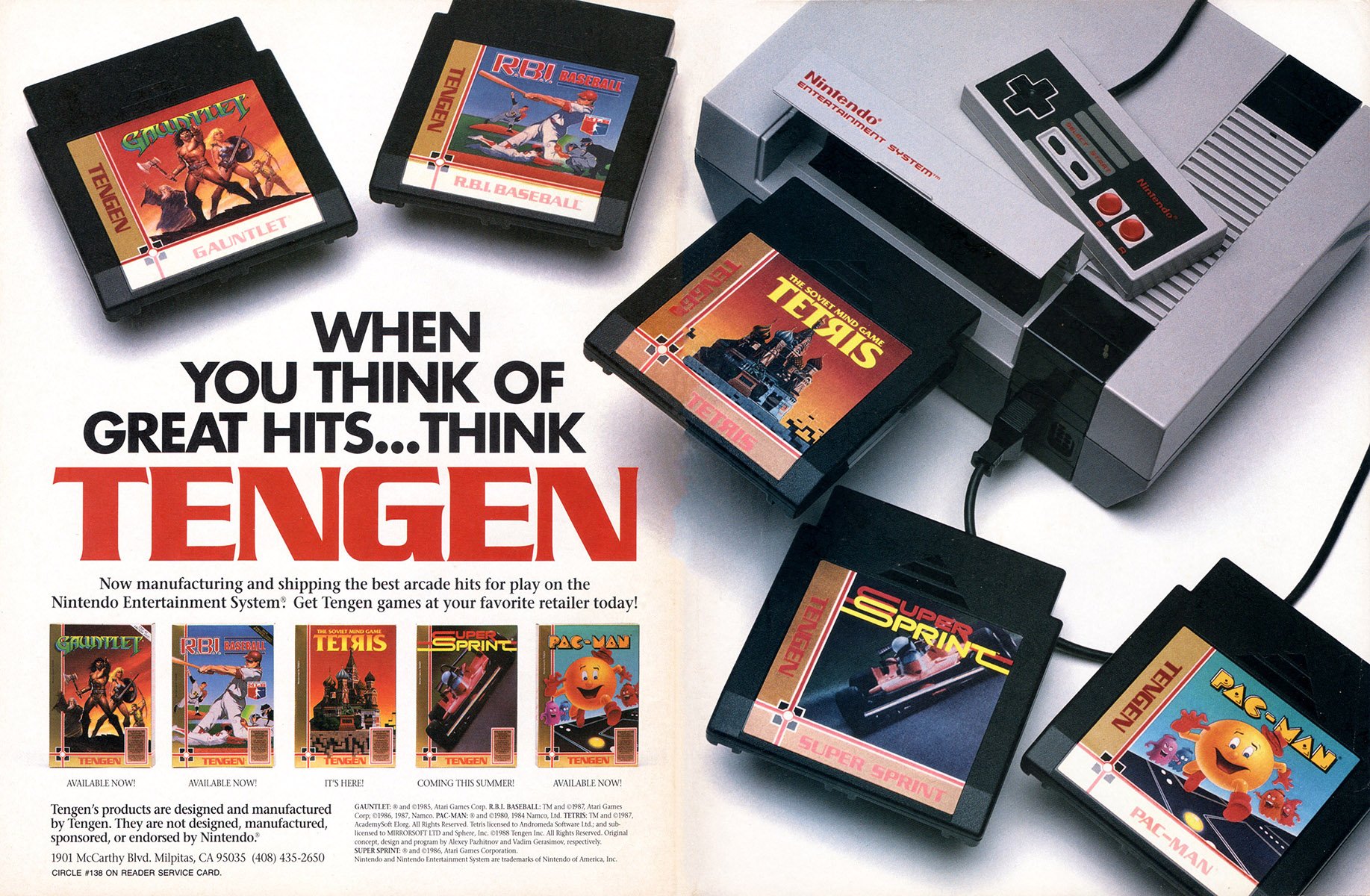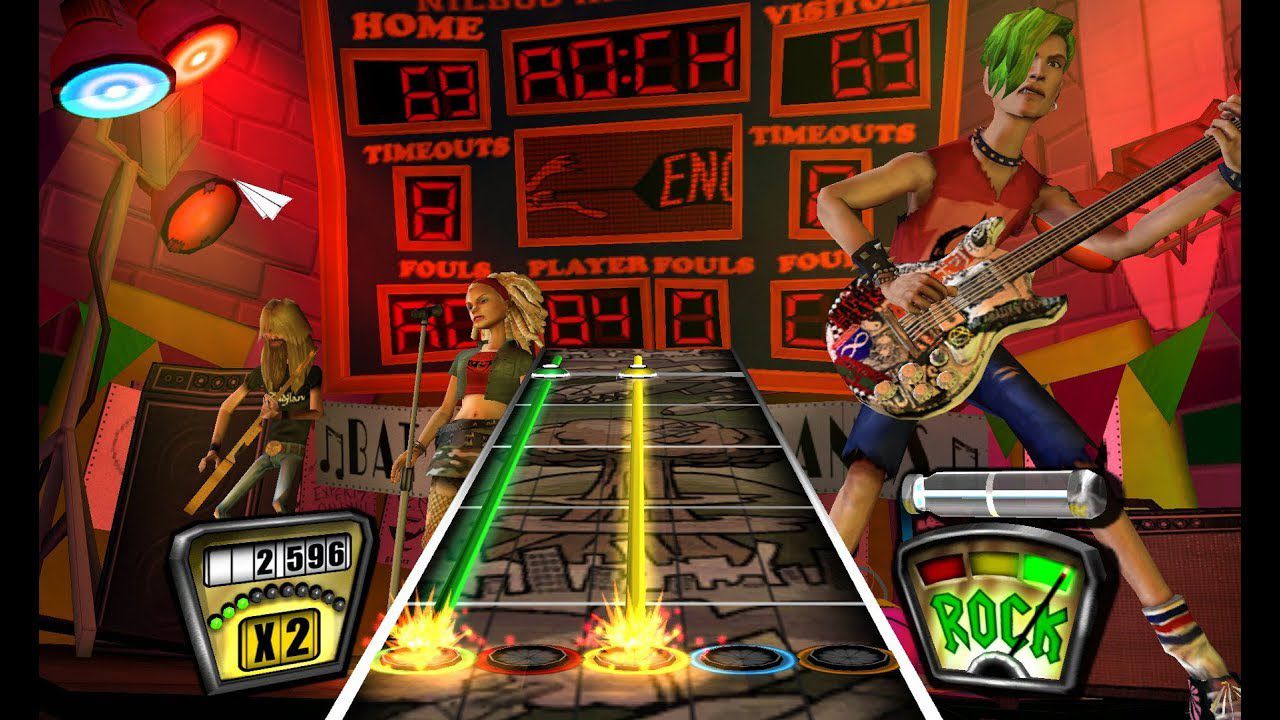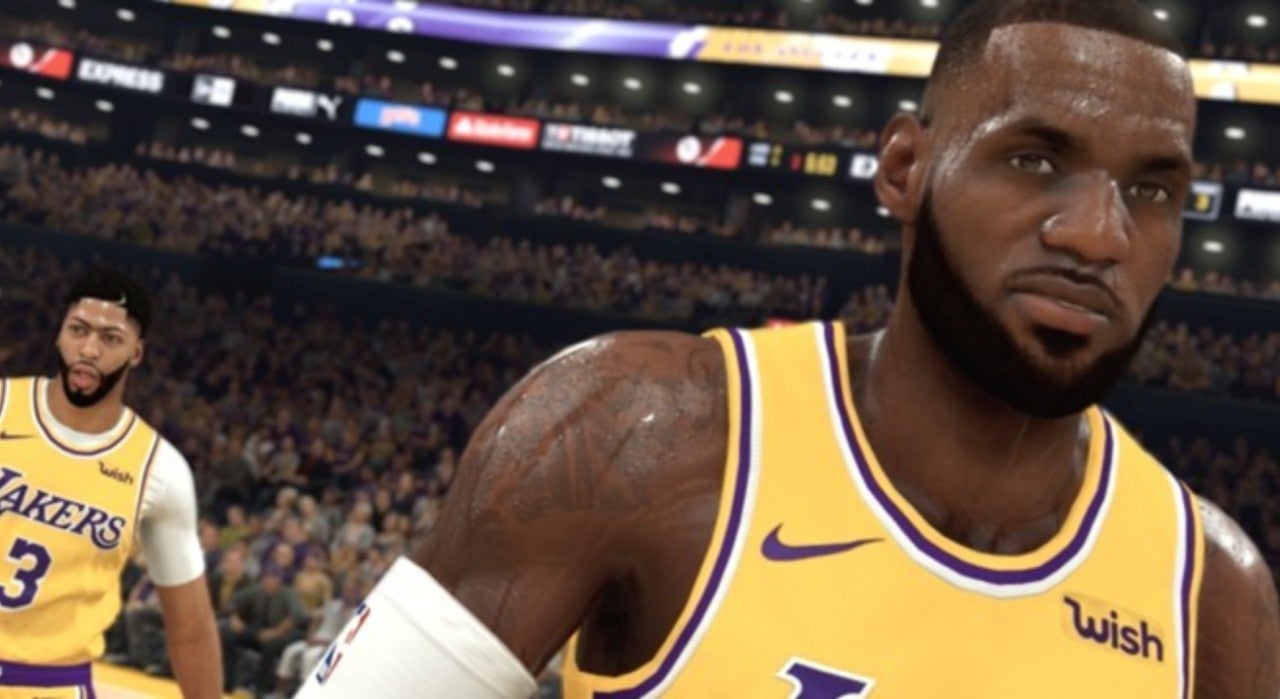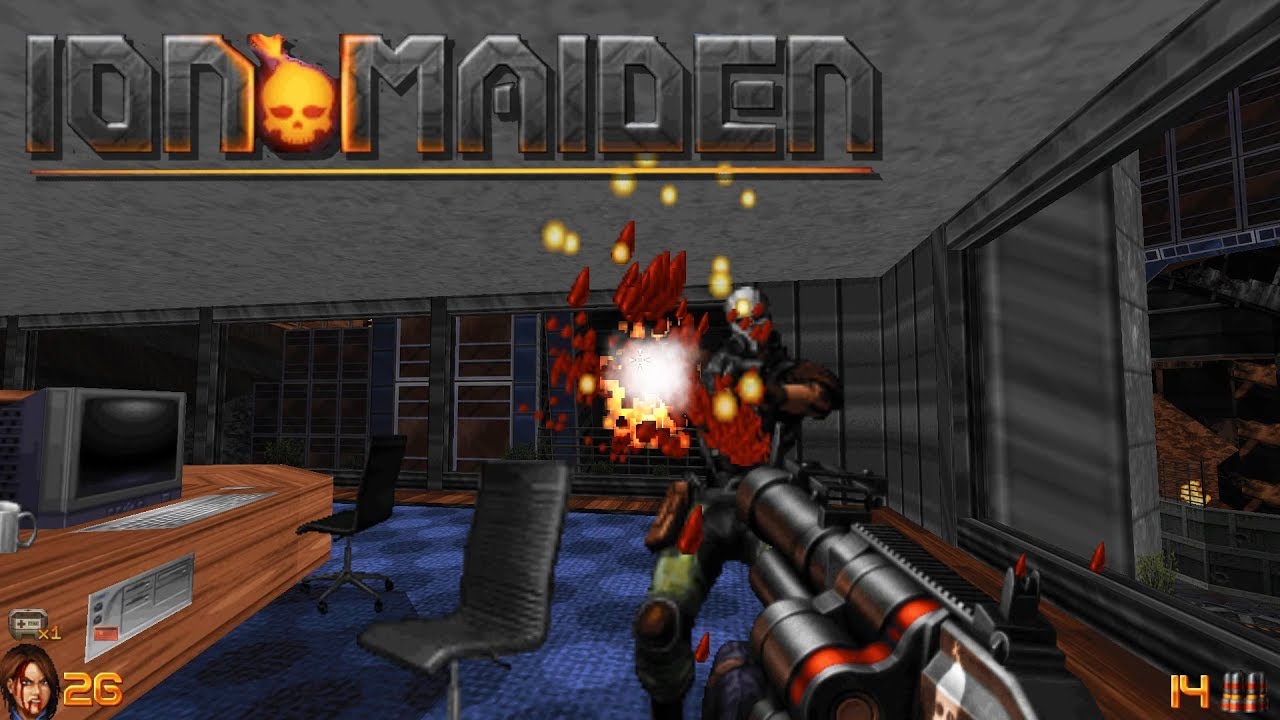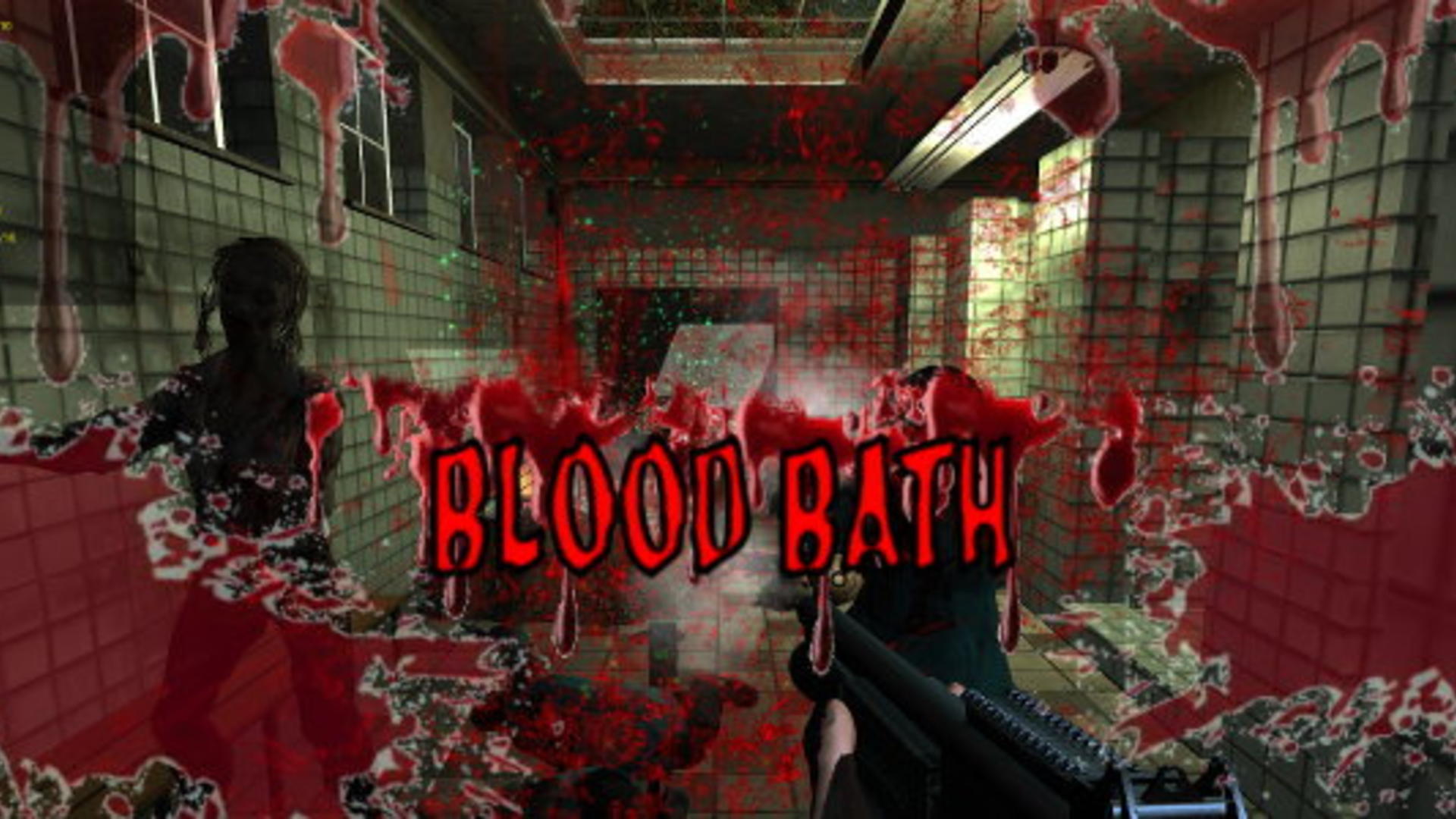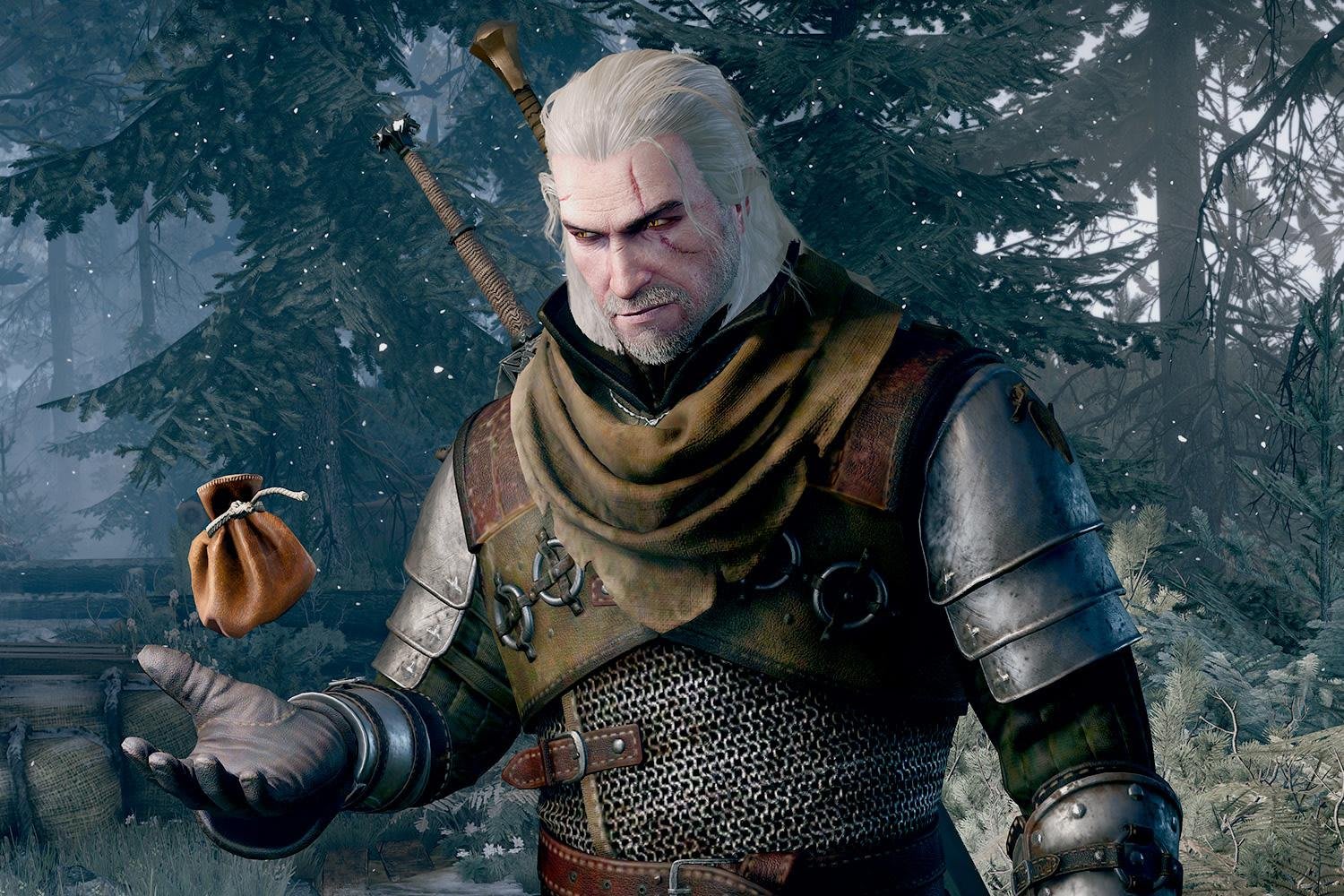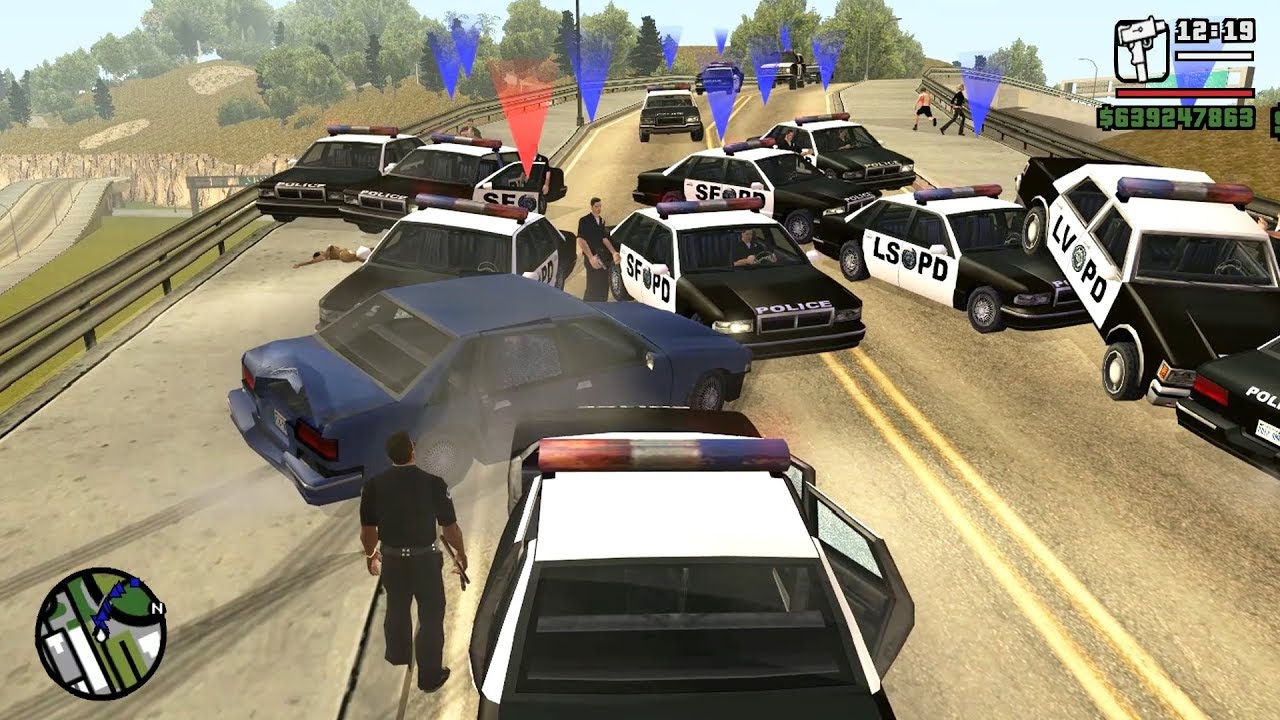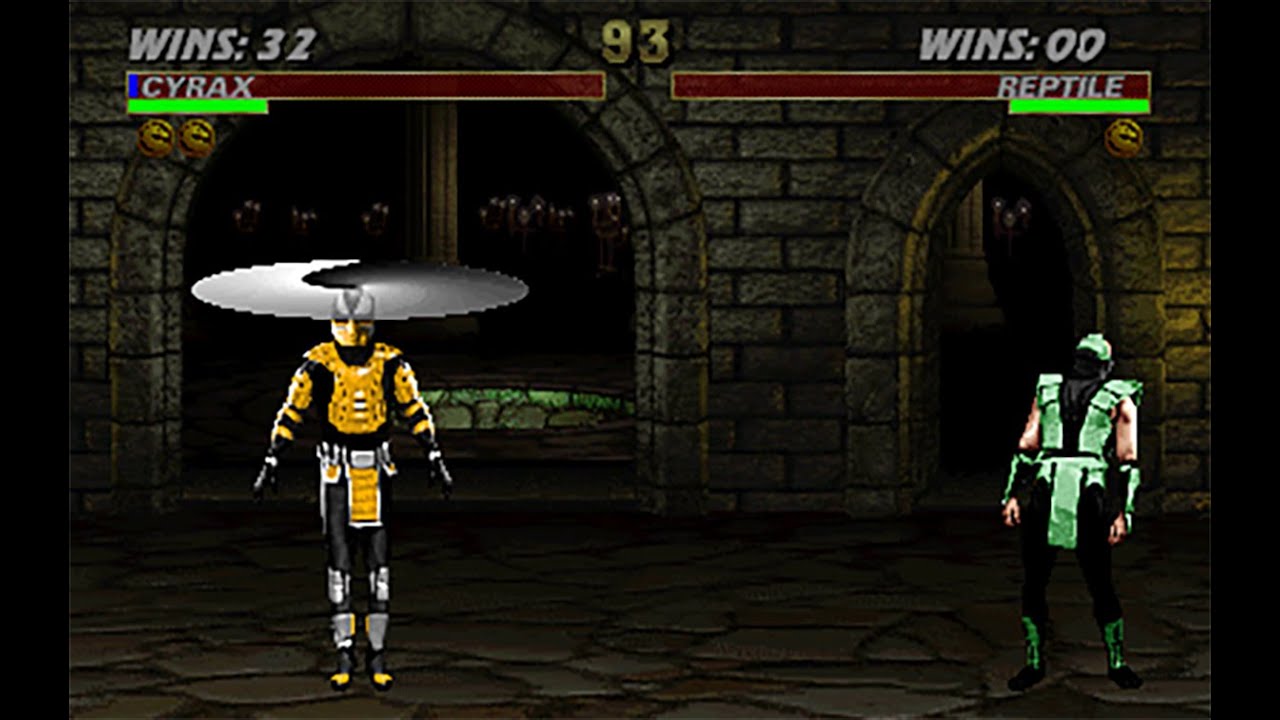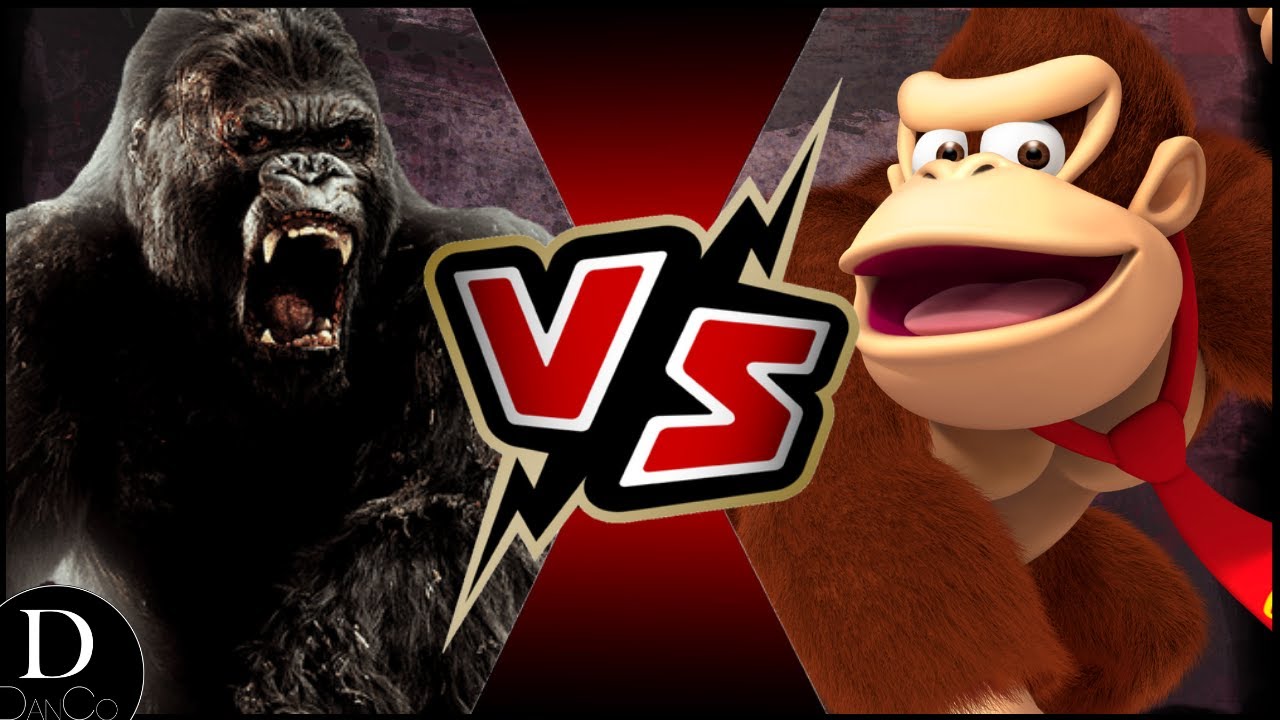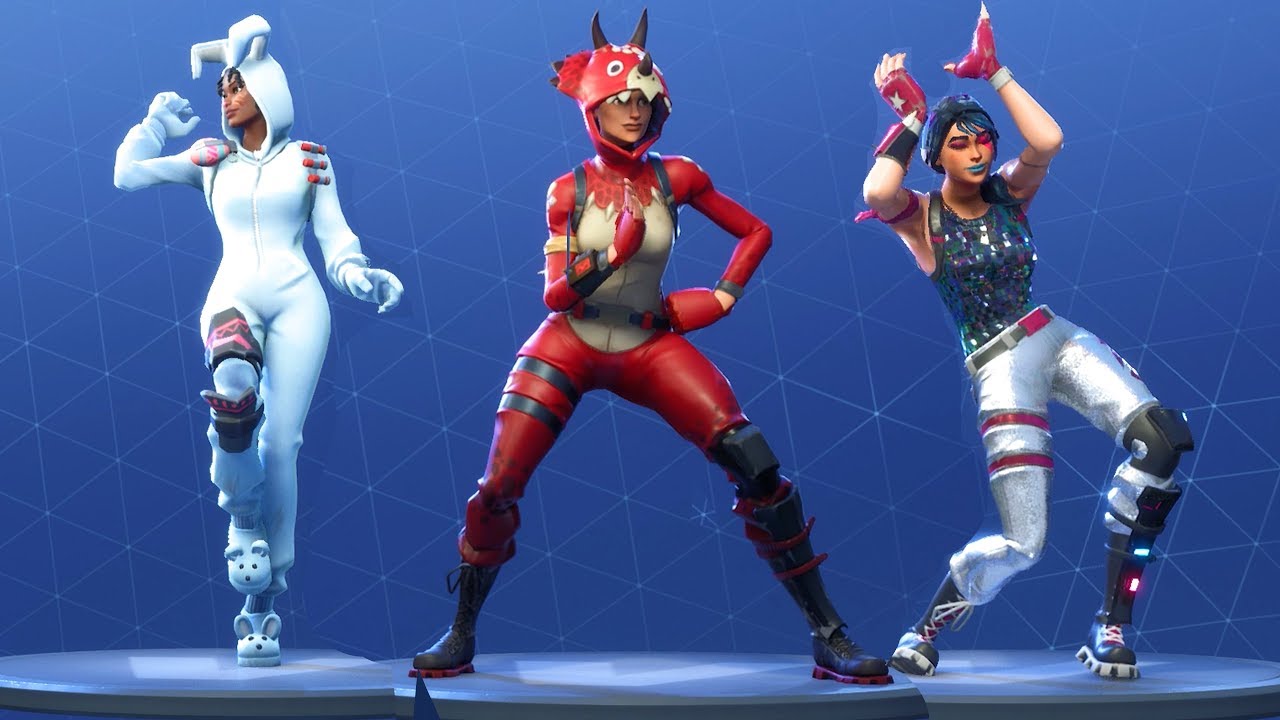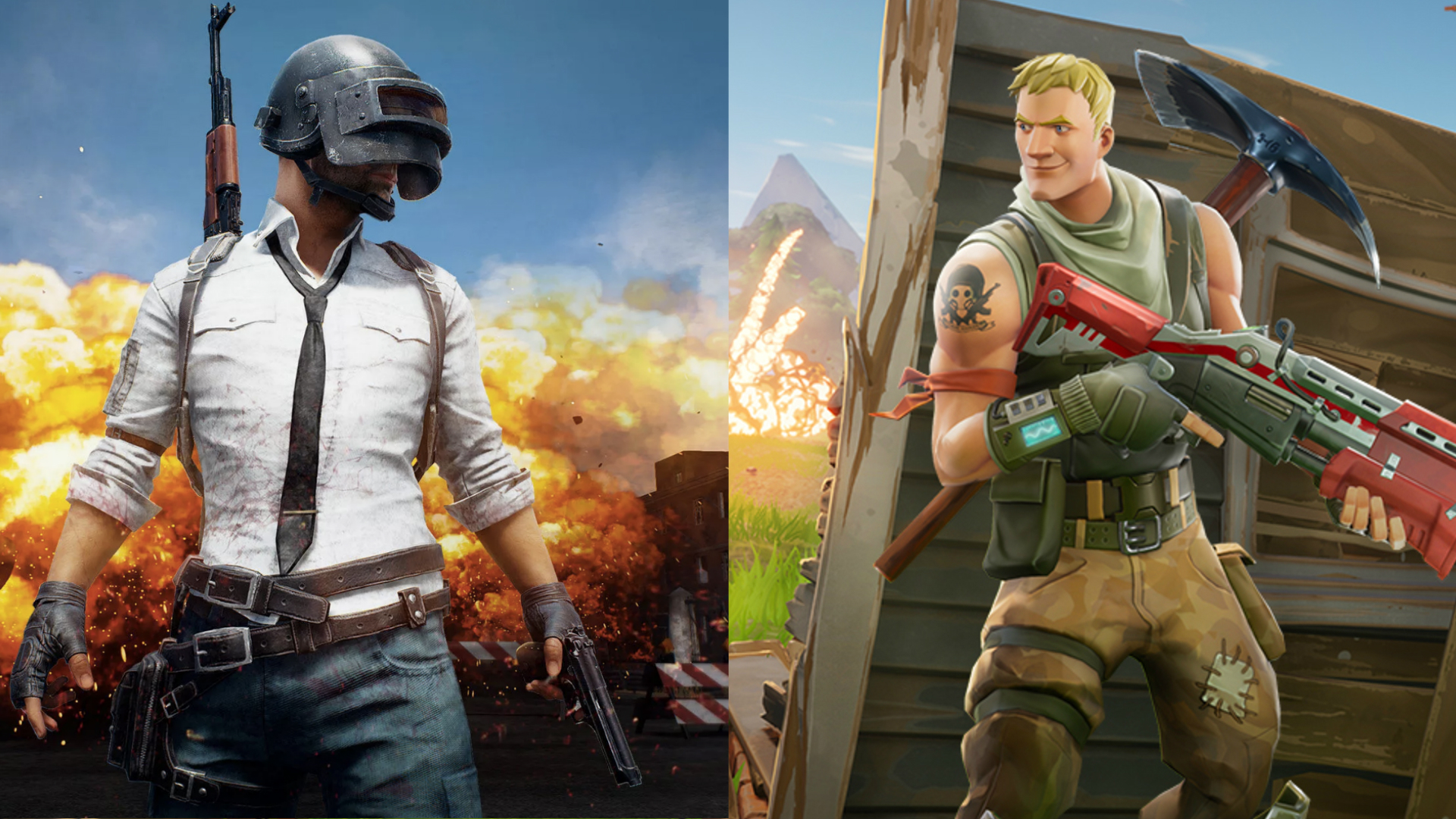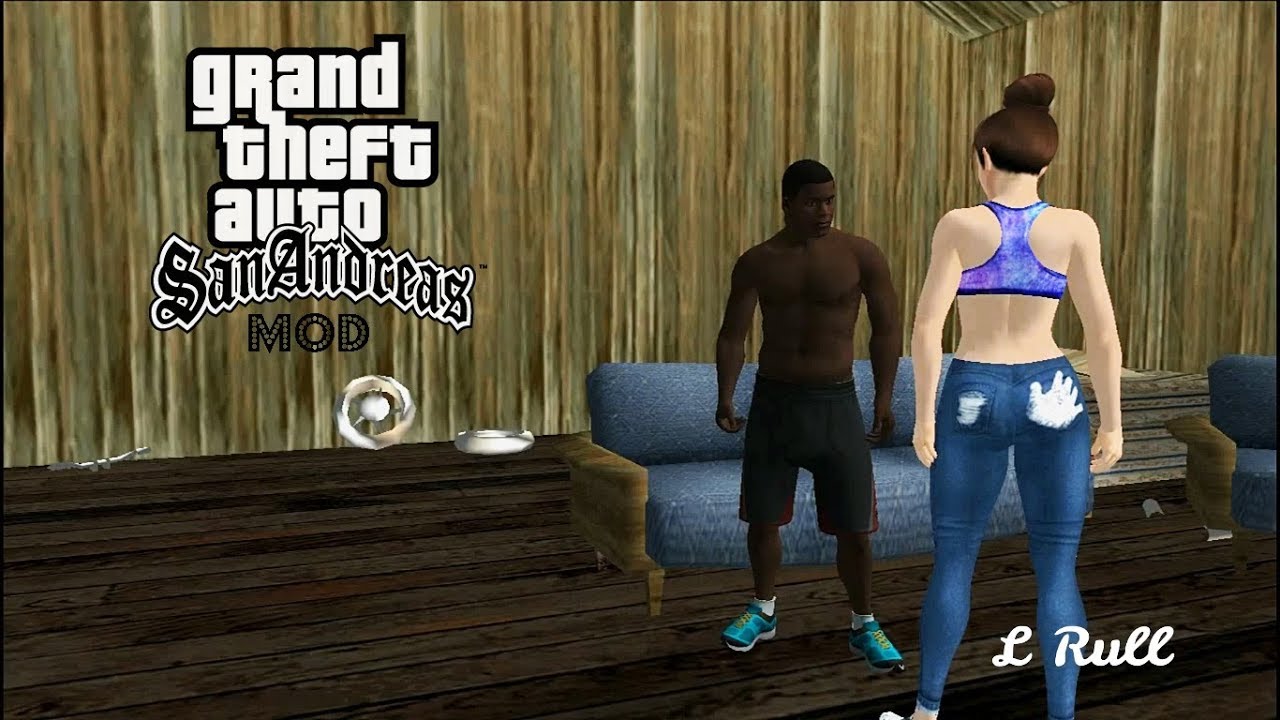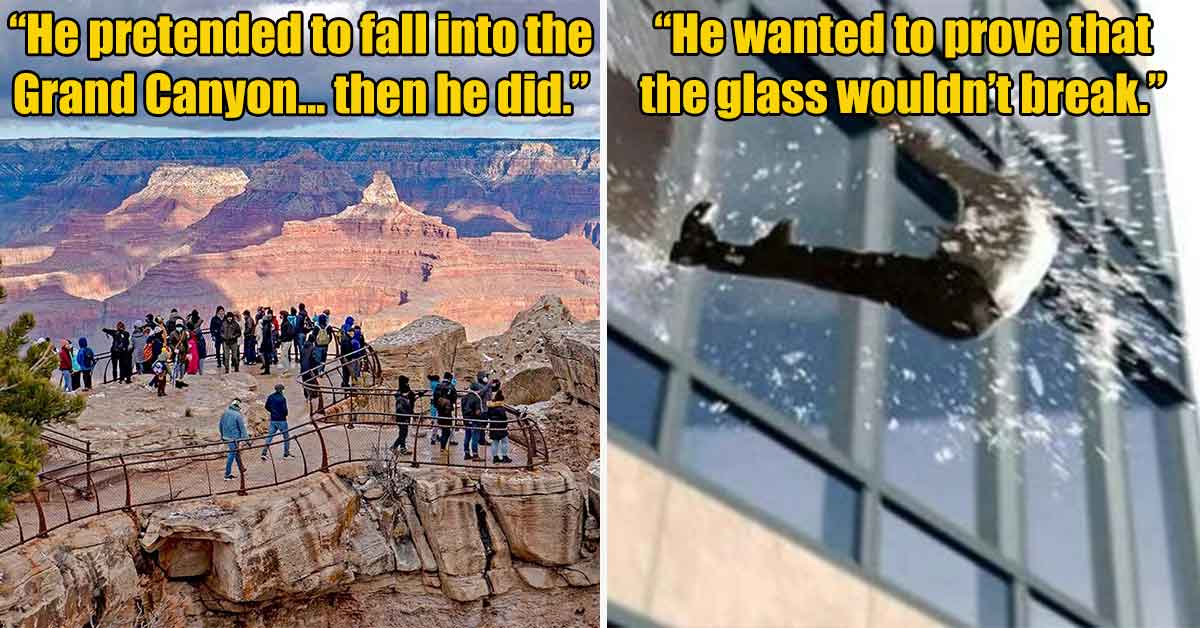The Fifteen Craziest Video Game Lawsuits
Controversy and video games go together like cheese and bread, and over the years, there have been some absolutely bonkers video game lawsuits.
Published 4 years ago in Facepalm
And while Nintendo is most famous for their court appearances, there are plenty of other examples of video game companies having their day in court.
Here are only some of the more infamous battles that took place beyond in the real world.
1
Nintendo vs. Blockbuster
Youngsters may not remember much about Blockbuster and other rental chains. But back in the day, companies like Nintendo hated the fact that players could rent games for a few days instead of buying the whole game outright.
Nintendo couldn’t really stop these rental practices outside of Japan. But they eventually sued Blockbuster for a different reason: the company had photocopied game instructions to include with rental copies. They settled out of court and Blockbuster switched to generic instructions instead of reproductions of the original manuals.2
Pac-Man’s Day in Court
In the 1980s, Pac-Man fever was very real. The public was hungry (so to speak) for a home version, and Atari was working feverishly to make that happen. But a year before the Atari port of the arcade classic, Magnavox and Philips Electronics released a game called K.C. Munchkin for the Philips Videopac.
K.C. Munchkin was such a Pac-Man clone that nobody could really deny it. Atari took Philips to court and won the case. And while the case was pretty open and shut, it helped to further define how copyright law should work in connection with video games.3
A Pong Lawsuit?!
Pong is a very basic game, but it’s also a major part of gaming history. Unfortunately, Pong also has a place in the history of video game lawsuits.
Ralph Baer, who created the Magnavox Odyssey, sued Atari because he thought company co-founder Nolan Bushnell copied Magnavox’s own Pong version after playing it months earlier. They settled out of court, with Magnavox eventually getting licensing and royalty fees from Atari.4
Nintendo Takes On Tengen
Back in the NES days, Nintendo kept very strict control over their games. They didn’t want any games for the system that didn’t come with the official Nintendo Seal of Quality.
Tengen wanted to get around Nintendo’s exclusivity policy (where the game company retained exclusive rights to a game for two years). So Tengen decided to try to reverse engineer Nintendo’s lockout chip so they could crank out unlicensed games left and right.
This led to Nintendo launching a lawsuit against Tengen that was long and brutal. The courts eventually sided with Nintendo, and Nintendo and Tengen eventually settled out of court.5
When the Cover Song Is Too Good
Can you imagine a lawsuit over a cover song because it sounded too good? It may sound pretty absurd, but that’s exactly what happened when the band 'The Romantics' sued Activision.
The band created the song “What I Like About You,” and a cover version was featured (with permission) in the game Guitar Hero Encore: Rocks the 80s. But they sued because they thought the cover version sounded too much like the original.
Activision ultimately won the case largely due to one argument: cover songs are meant to sound like the original!6
2K Games: Tattoogate
Back in 2018, a tattoo parlor named Solid Oak Sketches took 2K Games to court. The reason? That parlor provided the tattoos for LeBron James, and 2K Games reproduced those tattoos without permission when they put LeBron in the game.
It was an interesting case regarding whether developers would need to secure special rights from tattoo parlors and other body mod shops. But the court decided in 2K Games’ favor for several reasons. The most basic reason was that the game faithfully represented LeBron and did not draw any special attention to his tattoos (which are ultimately very small in relation to everything else onscreen).7
Iron Maiden Goes to Court
It’s kind of weird to imagine the band Iron Maiden taking someone to court. But they ended up suing 3D Realms over Ion Maiden.
Why? Simply put, they alleged that the name of the game implied that it had been endorsed by the band. Furthermore, they believed that the appearance and sound of certain game features added to that impression. But the band dropped their case after 3D Realms renamed the game Ion Fury instead.8
Digital Homicide Really Hates Criticism
Nobody likes to receive harsh criticism for their work. But this went to the next level after Jim Sterling offered his thoughts about the worst games available on Steam.
Many of these games were poor-quality titles from Digital Homicide. They tried to sue Sterling for an insane $10 million in libel and slander damages. But the case was dismissed with prejudice, giving us a valuable lesson: you can’t demand millions of dollars just because someone is mean about your games!9
The Witcher Author vs. Game Developers
Between the awesomeness of the Witcher III game and the immense popularity of the show, it’s a good time to be a fan of the franchise. But one man who hasn’t always felt that way is the franchise creator.
Author, Andrzej Sapkowski, wrote the Witcher books and was originally compensated a mere $10,000 for the rights to make games about this world and its characters. After the franchise took off, the author sued CD Projekt Red for $16 million, citing a Polish law that gave creators the chance to seek additional money if there is a significant gulf between what they were paid and what the adaptation earned.
Sapkowski and CD Projekt Red eventually settled out of court, presumably for a much smaller sum.10
GTA and Offscreen Violence
For as much publicity as it got, the Grand Theft Auto hot coffee incident was pretty tame. But GTA was involved in another case when infamous lawyer Jack Thompson sued Sony after Devin Moore shot two police officers and a police dispatcher to death.
The case was thrown out because, once again, the First Amendment worked in the favor of everyone involved. But this event helped to crystallize Jack Thompson as an enemy of gamers and also led to national discussions about the role games play in violent behavior.11
Mortal Kombat and the Real-Life Fatality
Mortal Kombat remains the most famous (and infamous) for its fatalities. Unlike other fighting games, this series doesn’t just have you defeat an opponent. You also get a chance to brutally kill them.
Back in 1997, 13-year-old Noah Wilson was stabbed to death when his best friend attacked him with a kitchen knife. Wilson’s mother eventually sued Midway Games, claiming that the friend was obsessed with Mortal Kombat and the character Cyrax and was re-enacting violence from that game.
Midway won the case due to the broad freedoms of the First Amendment. But the case helped bring something alarming to our attention as a nation: there are actually players who love Cyrax, and we should probably keep an eye on them for our safety.12
Universal vs. Nintendo
When you think about Nintendo and lawsuits these days, you probably think about the gaming giant crushing yet another free fan-made game. But back in the day, Nintendo was hit by a lawsuit from none other than Universal Pictures.
Their claim was simple: Universal believed that Donkey Kong was a ripoff of King Kong, right down to stealing a pretty lady and climbing a building. But Nintendo’s hotshot lawyer John Kirby (no relation to the little pink guy) successfully argued that the characters were different and, furthermore, that Universal may not even have the rights to King Kong!13
Fortnite Dancing
For such a popular and competitive game, Fortnite is also very lighthearted. And this is made most clear when you do the different dance emotes that have been built into the game. Players love these dances, but the dance creators don’t always agree.
Epic Games was hit by lawsuits from various artists (including 2Milly, Alfonso Ribeiro, and Russell Horning) for stealing their moves. But these lawsuits all lost momentum because the U.S. Supreme Court ruled there could be no copyright infringement case without proof of copyright itself.
In other words, unless the dances themselves have registered copyrights, Epic can slap the dances into their game with impunity.14
PUBG vs. Fortnite
Love it or hate it, Fortnite is everywhere. But the game has some clear resemblance to PlayerUnknown: Battlegrounds and this caused PUBG Corp to sue Epic Games over these similarities.
I know what you’re thinking: they didn’t really have much of a case. And PUBG Corp might agree, seeing as they dropped the lawsuit about a month later. Had the case gone further, we can only imagine how weird the gaming landscape would be, with developers constantly suing one another over which company stole the other’s idea.15
Grand Theft Auto: San Andreas--Hot Coffee
Perhaps the best-known video game lawsuit concerned Grand Theft Auto: San Andreas. Rockstar Games originally developed a sex minigame but then scrapped the idea. But they left the code in, and players discovered it after the PC version of the game came out.
This led to developer Take-Two Interactive getting sued by the city of Los Angeles, the FTC, and a bevy of class-action lawsuits. When the smoke cleared, that bit of undeleted code had cost the company over $20 million. Most absurdly, the game got hit with an “adults only” rating, despite the fact that players would have to go out of their way to modify the game and see the offending material.

